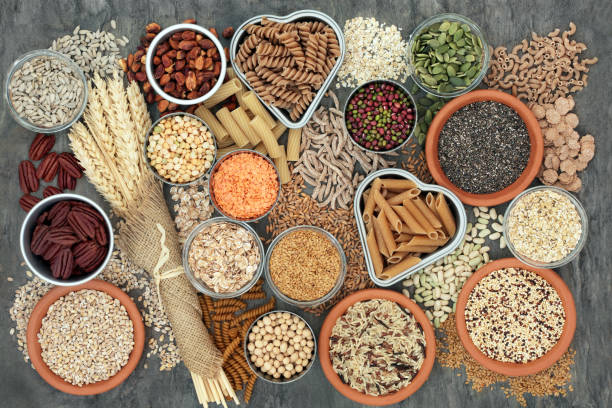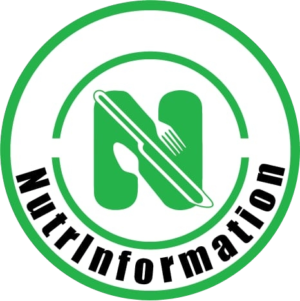Constipation: What it is, and how to manage it.

There is a rewarding satisfaction whenever one visits the toilet and comes out having fully released whatever was to be released without any trouble. But this may not be the case when you are constipated. Constipation occurs when stool remains for too long in the colon. Normally the colon will absorb water from the stool making it dry and hard. The longer the stool stays in the colon the more water is drawn from it making it drier and harder. Hard and dry stools are hard to pass and may be painful. In the process of passing the hard stool, one may end up having tears on the anus or develop hemorrhoids. Because of the fear of pain, some people will opt to withhold the stool. But this worsens the condition since the stools are meant to be excreted.
Research shows that anywhere between 3 bowel movements per day to 3 bowel movements per week is normal. This however differs from one person to the other. Not passing stool frequently is not necessarily an indicator of constipation especially if the stools are soft and easy to pass. However, if the stools are dry, hard, and difficult to pass, then you may be constipated. Constipation is classified into two; Organic constipation which occurs as a result of an underlying medical condition and functional constipation which has no underlying medical condition and is common.
You know that you are constipated if you:
- Pass stool less than three times per week
- Strain to pass stool more than 25% of the times
- Have hard or lumpy stool more than 25% of the times
- Have a sensation of incomplete emptying more than 25% times
- Need manual maneuvers to enable you pass stool
Causes of constipation
- Incomplete diets
- Low physical activity
- Age
How to manage constipation
Constipation can be managed through a multi-component intervention that includes dietary and behavioral changes.
Dietary changes:
- Consuming enough fiber in your diet
- Consuming enough fluids in form of water, juices or in food
- Increasing the amount of fruits and vegetables in your diet especially apple with skin, plums, pears, kiwi fruit and banana
Behavioral changes
For healthy individuals, there is a need to be physically active. Those who are Bedridden can engage in some pelvic exercises and twists
Change of toileting habits.
Do not ignore or supress the urge to defecate.
Develop a toileting schedule where you are able to go to the bathroom without any hurry. The best time is 5-15 minutes after meals especially breakfast. This is because, at these times, the gastrolic reflex is stronger and needed.
Increase your dietary fiber intake

There are two types of dietary fibre: Soluble dietary fibre (SDF) which dissolves in water forming a gel and is easily fermentable by the colonic bacteria and Insoluble dietary fibre (IDF) which does not dissolve in water and less fermentable. The SDF have a high water holding capacity, allowing more water to remain in the stool. This makes the stools softer and easier to pass.
The IDF due to its insoluble nature gets to the colon intact. Its coarse nature irritates the walls of the colon making them release water and mucus into the colon. IDF also acts like a sponge pulling water into the colon and making the stools easy to pass. Insoluble fiber also adds bulk to the fecal matter. This hastens its passage through the gut, preventing constipation.
Research shows that fiber does not actually alter the large bowel movements but actually aids constipation by altering the viscosity of the stool. Propulsion of stool in the colon occurs as a result of contraction and relaxation of the muscles in the digestive system. When the stool is hard (high viscosity), even the highest amplitude contractions are not able to push them. Stool softening by attracting water to the colon (IDF effect) and resisting dehydration of stool (SDF effect) lowers the viscosity of the stool making the existing contractions propulsive to the stool increasing both the colonic transit rate and frequency of bulky, soft, and easy to pass stools. This relieves constipation.
Increase your fluids intake

Dehydration is a risk factor for constipation. Water absorption occurs in the colon. At the entry point to the colon the stool is 91% liquid, this reduces by 20% by the end of transit through the colon. A decrease in water content increases the stool viscosity. High viscosity stools can only be propelled by a few slow propagating high amplitude long duration contractions. This results in relatively slow colonic transit rates. When the body is dehydrated, the colon will draw up a lot of water from the stools to rehydrate the body. This will therefore dry the poop.
Although taking excess water/fluid does not help constipation, it hydrates your body. Therefore the colon does not have to draw out all the water from the stool. This keeps the stool soft and easy to pass.
In addition to water, fruit and vegetable juices, clear soups and herbal teas are good sources of fluids. Avoid alcohol and take caffeinated drinks in moderation as they are diuretics and draw water from your body resulting in dehydration.
